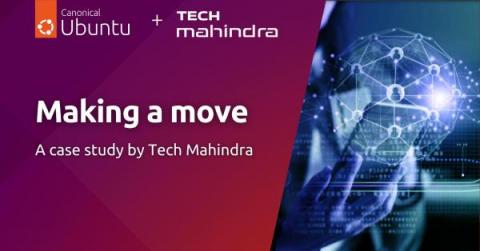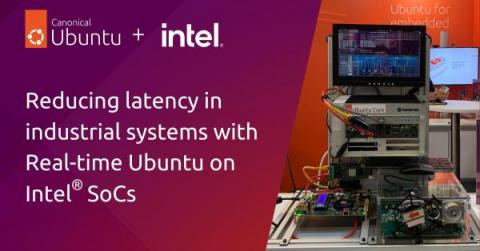Announcing In-Place Upgrade from Ubuntu Server to Ubuntu Pro on Azure
We are pleased to share that Azure is now offering an in-place upgrade from Ubuntu Server to Ubuntu Pro. This functionality, made possible through our strategic partnership with Azure, provides a straightforward way to leverage the advanced features and extended security maintenance of Ubuntu Pro, all without redeploying your Virtual Machine (VM) or scheduling a maintenance window.











